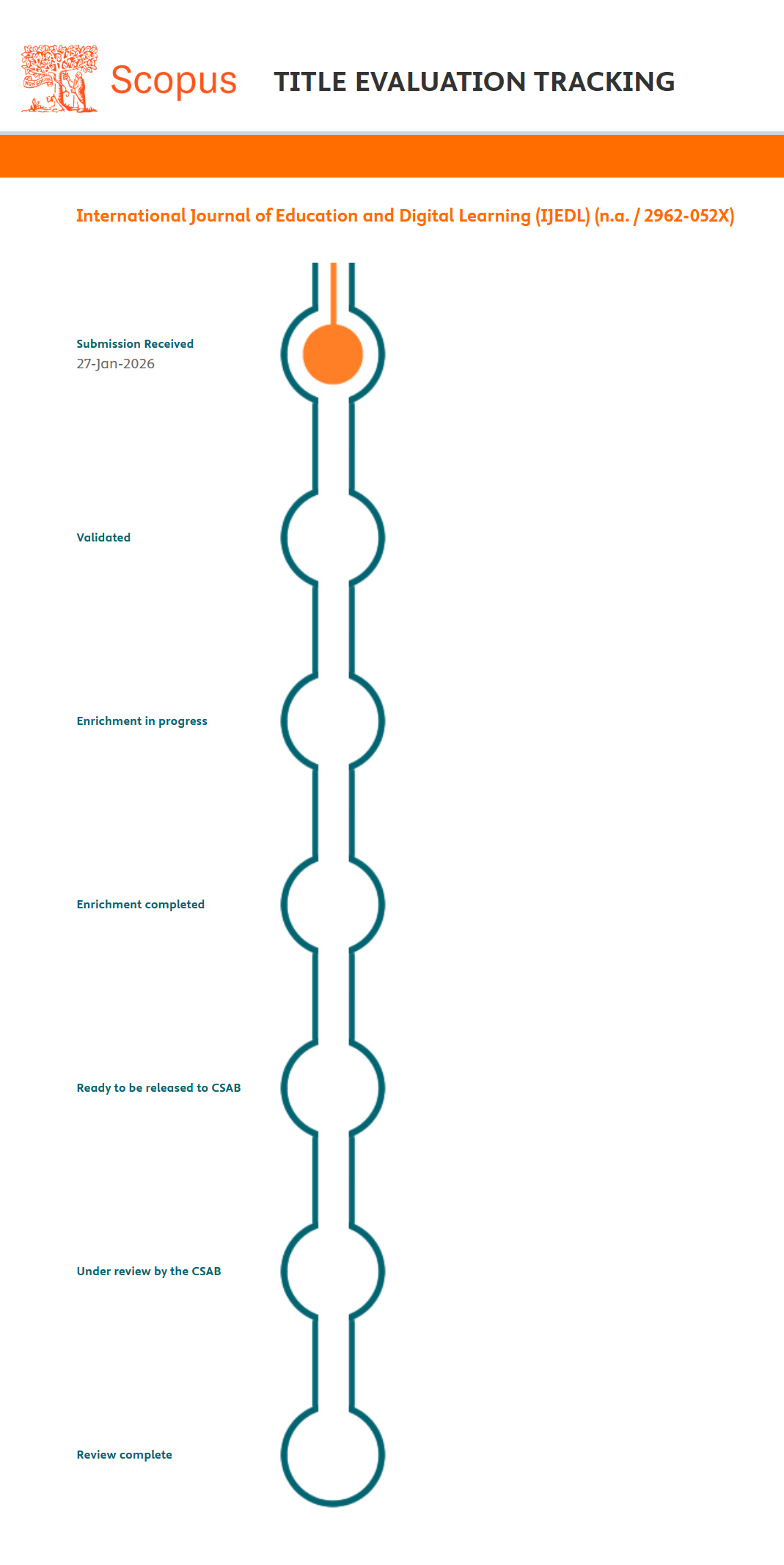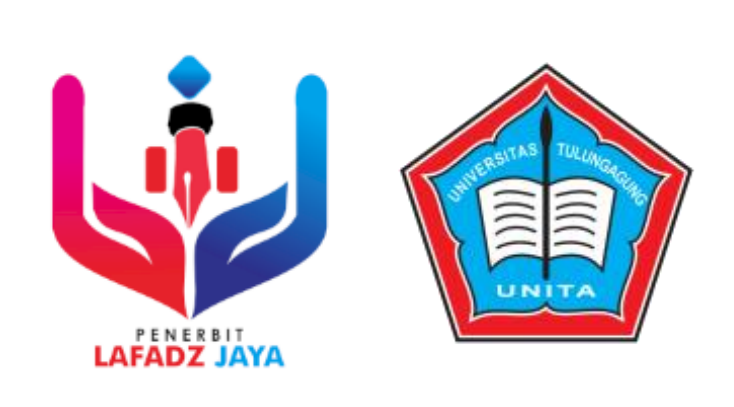The Correlation of Academic Performance and Socio-Economic Background of University Students in Bangladesh
DOI:
https://doi.org/10.47353/ijedl.v3i6.304Keywords:
Academic Performance, Socio-economic Background, University StudentAbstract
This study focuses on the relationship between students' socioeconomic backgrounds and their academic success at the university level. The goals were to identify factors influencing students' academic success and analyze the connection between socio-economic status and academic achievement. A sample of 132 participants from the University of Rajshahi was chosen through simple random sampling. Structured questionnaires were distributed to the respondents. CGPAs are used to measure academic performance. In this study, factors such as parental income, education level, occupation, students' access to resources, and learning environments are considered to evaluate overall academic success. The results reveal a significant correlation between socioeconomic status (SES) and academic achievement, with students from higher SES backgrounds often performing better due to greater access to educational resources, mentorship, and stable living conditions.
Downloads
References
Abdu-Raheem, B. O. (2015). Parents’ Socio-Economic Status as Predictor of Secondary School Students’ Academic Performance in Ekiti State, Nigeria. Journal of Education and Practice, 6(1), 123–128.
Adegoke, S. P., & Osokoya, M. M. (2015). Socio-Economic Background and Access to Internet as Correlates of Students’ Achievement in Agricultural Science. International Journal of Evaluation and Research in Education, 4(1), 16–21.
Asadullah, M. N., & Chaudhury, N. (2013). Primary Schooling, Student Learning, and School Quality in Rural Bangladesh. SSRN Electronic Journal. https://doi.org/10.2139/ssrn.2375723
Azhar, M., Nadeem, S., Naz, F., Perveen, F., & Sameen, A. (2014). Impact of Parental Education and Socio-Economic Status on Academic Achievements of University Students. European Journal of Psychological Research, 1(1), 1–9.
Baker, E. H. (2014). Socioeconomic Status, Definition. In The Wiley Blackwell Encyclopedia of Health, Illness, Behavior, and Society (pp. 2210–2214). John Wiley & Sons, Ltd. https://doi.org/10.1002/9781118410868.wbehibs395
Barua, T., Chakma, S., & Uddin, A. (2023). Socio-Economic Background Impacts Academic Goals, Performance, and Achievements among Private University Undergraduates in Chittagong, Bangladesh. American Journal of Education and Practice, 7(4), Article 4. https://doi.org/10.47672/ajep.1582
Bourdieu, P. (1986). The forms of capital. In J. Richardson (Ed.), Handbook of Theory and Research for the Sociology of Education (pp. 241–258). Greenwood.
Duncan, G. J., & Magnuson, K. (2012). Socioeconomic status and cognitive functioning: Moving from correlation to causation. Wiley Interdisciplinary Reviews. Cognitive Science, 3(3), 377–386. https://doi.org/10.1002/wcs.1176
Easmin, S., Hossain, M. A., & Das, P. C. (2015). Effect of Socioeconomic Background on the Academic Performance of the Students. The Cost and Management, 43(4), 28–36.
Ghaemi, F., & Yazdanpanah, M. (2014). The Relationship Between Socio-Economic Status and Academic Achievement in the EFL Classroom Among Iranian University Students. European Journal of English Language and Literature Studies, 2(1), 49–57.
Gobena, G. A. (2018). Family Socio-economic Status Effect on Students’ Academic Achievement at College of Education and Behavioral Sciences, Haramaya University, Eastern Ethiopia. Journal of Teacher Education and Educators, 7(3), 207–222.
Isaac, A. A. (2016). Socio-economic Background as Correlates on Academic Performance of Students: A Case of Agricultural Science Students in University of Mpumalanga. JOURNAL OF SOCIOLOGY AND SOCIAL ANTHROPOLOGY, 07(04), 244–249. https://doi.org/10.31901/24566764.2016/07.04.06
Khan, A., Fazal, S., & Nazir, F. (2024). Impact of Socioeconomic Factors on Academic Performance: A Gender-Based Study among University Students. Academy of Education and Social Sciences Review, 4(1), 71-81. https://doi.org/10.48112/aessr.v4i1.699
Kumar, S., Agarwal, D. M., & Agarwal, D. N. (2021). Defining And Measuring Academic Performance of Hei Students-A Critical Review. Turkish Journal of Computer and Mathematics Education (TURCOMAT), 12(6), 3091–3105. https://doi.org/10.17762/turcomat.v12i6.6952
Macaulay, L., Webber, W., & Fraunholz, B. (2023). Successful university students from low socio-economic backgrounds’ perspectives on their academic success: A capital-based approach. Higher Education Research & Development, 42(8), 1986–1999. https://doi.org/10.1080/07294360.2023.2197191
Mani, A., Mullainathan, S., Shafir, E., & Zhao, J. (2013). Poverty Impedes Cognitive Function. Science, 341(6149), 976–980. https://doi.org/10.1126/science.1238041
Mistry, R. S., Benner, A. D., Biesanz, J. C., Clark, S. L., & Howes, C. (2010). Family and social risk, and parental investments during the early childhood years as predictors of low-income children’s school readiness outcomes. Early Childhood Research Quarterly, 25(4), 432–449. https://doi.org/10.1016/j.ecresq.2010.01.002
Munir, J., Faiza, M., Jamal, B., Daud, S., & Iqbal, K. (2023). The Impact of Socio-economic Status on Academic Achievement. Journal of Social Sciences Review, 3(2), 695-705. https://doi.org/10.54183/jssr.v3i2.308
Núñez, M. E., Siddiqui, M. K., & Abbas, A. (2024). Motivation, attitude, knowledge, and engagement towards the development of sustainability competencies among students of higher education: A predictive study. Discover Sustainability, 5(1), 335. https://doi.org/10.1007/s43621-024-00556-0
Okioga, D. C. K. (2013). The Impact of Students’ Socio-economic Background on Academic Performance in Universities, a Case of Students in Kisii University College. American International Journal of Social Science, 2(2),38-46.
Perveen, A., Akhlaq, B., & Sajjad, S. (2023). Identifying the Psychological Correlates of Low Academic Grades Among University Students: Socio-Economic Status as a Mediator. Pakistan Journal of Social Research, 05(01), 576–583. https://doi.org/10.52567/pjsr.v5i01.1379
Pesado, H. L. G., Pulga, R. G., Rosales, J. D. B., Visto, C. A., & Salazar, S. N. Y. (2024). Correlational study on socioeconomic status and academic performance of Senior High School Students in a Laboratory School. Research Journal of Educational Sciences, 12(2), 15–25.
Rahman, M. (2021). Impact of Socio-economic Factors on Undergraduate Students Academic Performance in Bangladesh: A Case Study at Social Science Faculty, University of Dhaka. Asian Journal of Social Sciences and Legal Studies, 3(4), 147–157. https://doi.org/10.34104/ajssls.021.01470157
Rodríguez-Hernández, C. F., Cascallar, E., & Kyndt, E. (2020). Socio-economic status and academic performance in higher education: A systematic review. Educational Research Review, 29, 100305. https://doi.org/10.1016/j.edurev.2019.100305
Simmons, A. B., Musoba, G. D., & Choong, C. G. (2005). Persistence Among First Generation College Students in Indiana: The Impact of Precollege Preparation, College Experiences, and Financial Aid. Indian Project on Academic Success (IPAS) Research Report, 05–01.
Sirin, S. R. (2005). Socioeconomic Status and Academic Achievement: A Meta-Analytic Review of Research. Review of Educational Research, 75(3), 417–453. https://doi.org/10.3102/00346543075003417
Tadese, M., Yeshaneh, A., & Mulu, G. B. (2022). Determinants of good academic performance among university students in Ethiopia: A cross-sectional study. BMC Medical Education, 22(1), 395. https://doi.org/10.1186/s12909-022-03461-0
Thomas, L. (2002). Student retention in higher education: The role of institutional habitus. Journal of Education Policy, 17(4), 423–442. https://doi.org/10.1080/02680930210140257
Tinto, V. (1993). Leaving College: Rethinking the Causes and Cures of Student Attrition. Second Edition. University of Chicago Press.
Walpole, M. (2003). Socioeconomic Status and College: How SES Affects College Experiences and Outcomes. The Review of Higher Education, 27(1), 45–73.
White, K. R. (1982). The relation between socioeconomic status and academic achievement. Psychological Bulletin, 91(3), 461–481. https://doi.org/10.1037/0033-2909.91.3.461
York, T. T., Gibson, C., & Rankin, S. (2015). Defining and Measuring Academic Success. Practical Assessment, Research, and Evaluation, 20(1), Article 1. https://doi.org/10.7275/hz5x-tx03
Downloads
Published
How to Cite
Issue
Section
License
Copyright (c) 2025 Rahmat Ullah, Ajoy Chandra, Md. Sultan Mahmud

This work is licensed under a Creative Commons Attribution-ShareAlike 4.0 International License.












